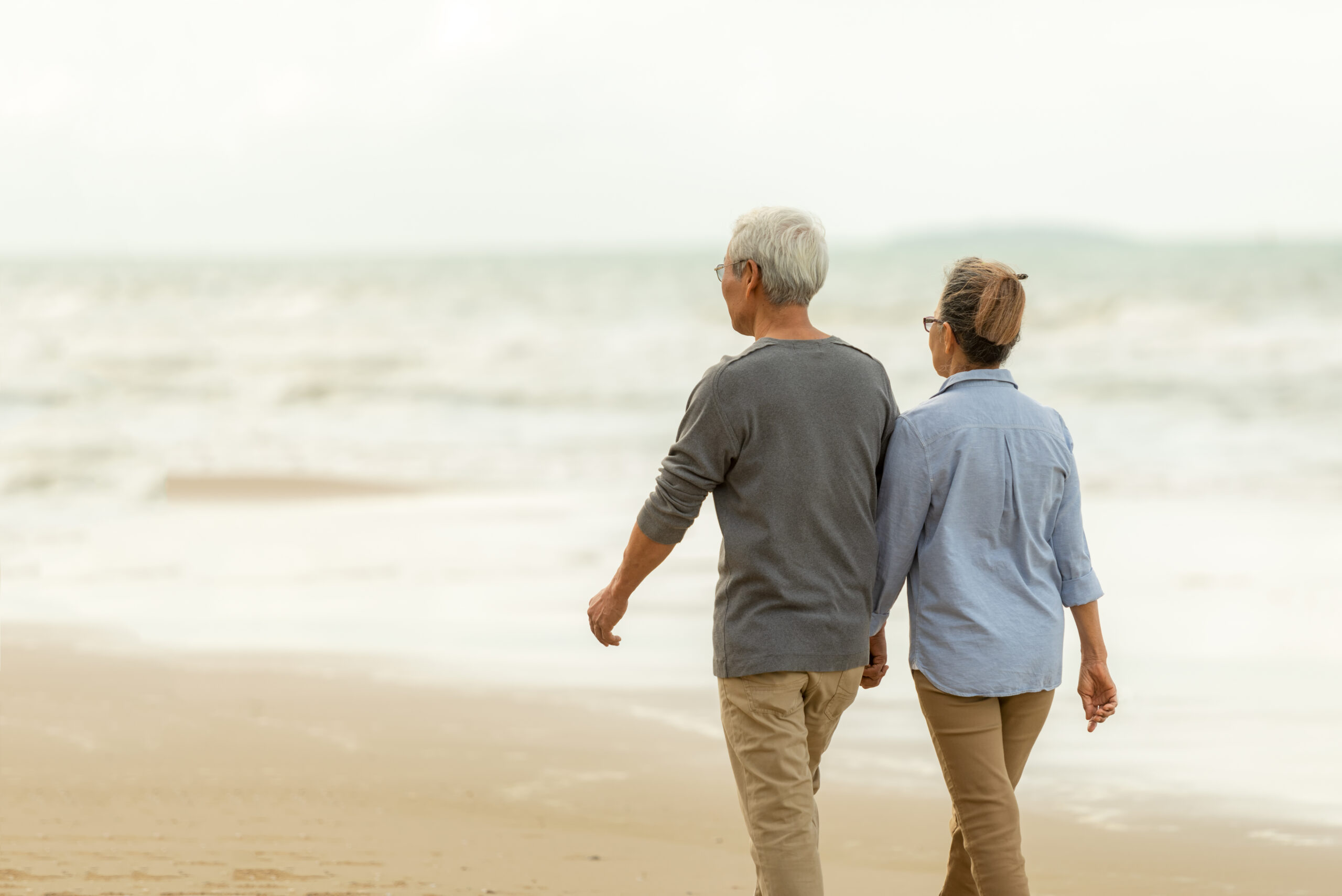July and the rest of the summer months pose significant risks from excessive sun exposure. This is why UV safety month is a great time to refresh your knowledge about the dangers of things like sunburn and the possibility of skin cancer from excessive solar radiation.

The purpose of UV safety month is to focus on providing information related to staying safe while exposed to the sun.
Senior care is also especially important when considering UV safety, as the elderly tend to be much more susceptible to health problems. This is especially true if older people are fair skinned or taking certain medications that can exacerbate the effects of UV radiation. Decreased immunity that is associated with the elderly and infirm also puts certain individuals at a higher risk of damage from the sun.
How to protect aging skin?
One important tip is to stay in shaded areas as much as realistically possible during the middle of the day. From about noon to 4 or 5 pm is when the sun will be strongest in most areas, so the skin can burn quickly and the elderly can get dehydrated and stressed from intense heat and sunlight.
There are a number of skin care products that also give protection. Most doctors recommend that any kind of sunscreen or lotion should be SPF 15 or greater and should be reapplied every few hours as the protection starts to break down.
Clothing such as hats or long sleeves can make a big difference when someone will be outdoors for extended periods of time. Ideally, most exposed skin should be covered in order to minimize the possibility of burning, especially around areas such as the head, neck, and back.
Sunglasses can protect against cataracts and other harmful effects of UV rays entering the eyes consistently. Many sunglasses now are specifically designed to block UV rays and protect much of the face and forehead. Unfortunately, exposure to the sun and UV rays is believed to be one of the main reasons seniors begin to lose their vision.
Aftercare
After someone has been exposed to the sun, it can be helpful to take some precautionary measures even if no noticeable burns are visible. Remember that sunburn may not appear until several hours later or even the next day. Aloe Vera and other related products can moisturize and heal the skin after intense sun exposure. Water and sports drinks can help maintain hydration, while alcohol should be avoided immediately after sun exposure to prevent further dehydration. If someone is actually sunburned, a cold towel or over the counter pain relievers can be used to minimize the symptoms and discomfort. In cases where an elderly person seems to be severely burned or in a lot of pain, they may require a visit to an emergency room to prevent further health complications. A home care service provider can help you with this, by taking them to the doctor if you are unable.
Remember to be safe and have fun
While sun exposure can really be harmful, by following just some of the basic rules outlined above, your time outdoors can be enjoyable and worry-free. As long as you are making an attempt to be safe, remember to relax and make the most of the beautiful summer weather.
Source


